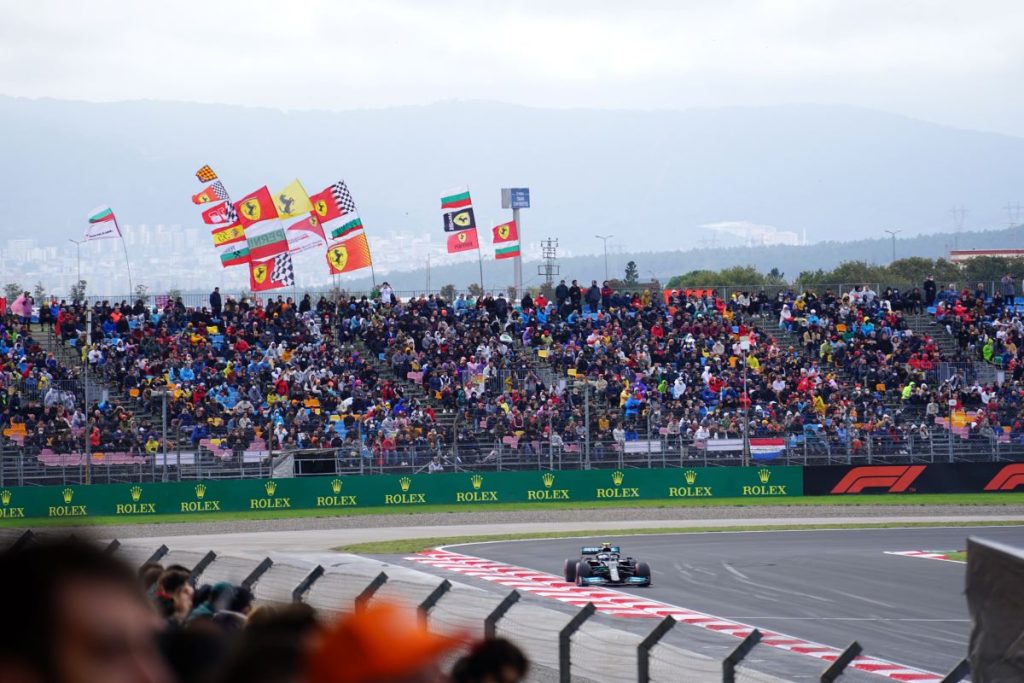
Could there soon be a surprise re-addition to the F1 calendar in the form of the fan-favourite Turkish Grand Prix? Here’s how Istanbul Park could find its way back onto the schedule – and six reasons why it should make a comeback!
Circuit images: © F1Destinations
The Turkish Grand Prix was held annually at Istanbul Park from 2005 to 2011 before being removed from the Formula 1 calendar ahead of the 2012 season. The event made an unexpected return amid the coronavirus pandemic in 2020, with a history-making race which saw Lewis Hamilton crowned World Champion for the seventh time. It was held once more in 2021, this time in front of a 190,000-strong crowd, but has not returned to the calendar since.
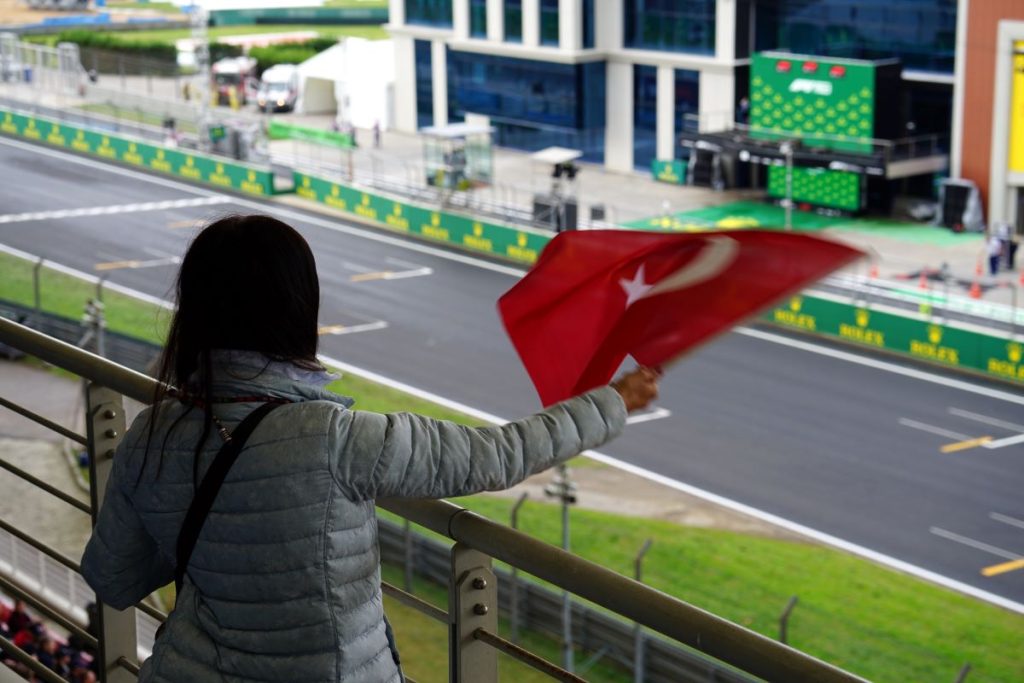
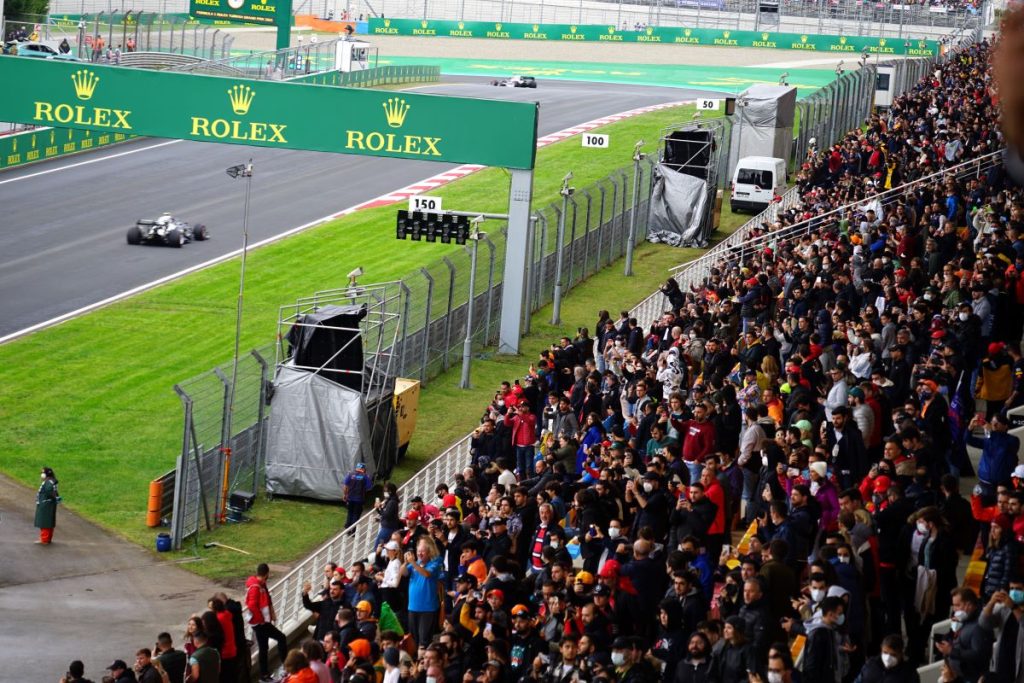
We have previously reported that Istanbul has a shot a re-joining the schedule in the near future, while motorsport.com and various other news outlets have recently suggested the same. According to local news reports, a final decision is due in the coming months as to whether or not the Turkish Grand Prix will return.
Here are six reasons why the Turkish Grand Prix could (and arguably should!) make a return to the F1 calendar.
Istanbul Park is a Modern Classic
First things first, the Herman Tilke-designed Istanbul Park is a modern classic capable of producing exciting races. The sleek circuit layout aids overtaking and there are plenty of challenging sections of the undulating track – none more so than the iconic, multi-apex Turn 8, a long, high-speed left hand curve.
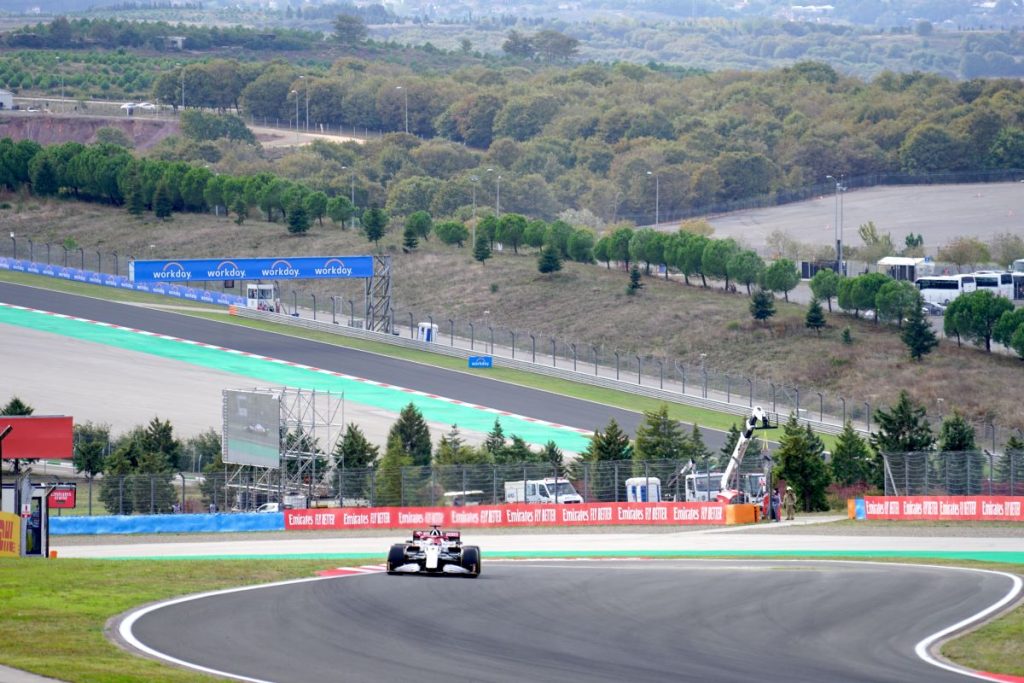
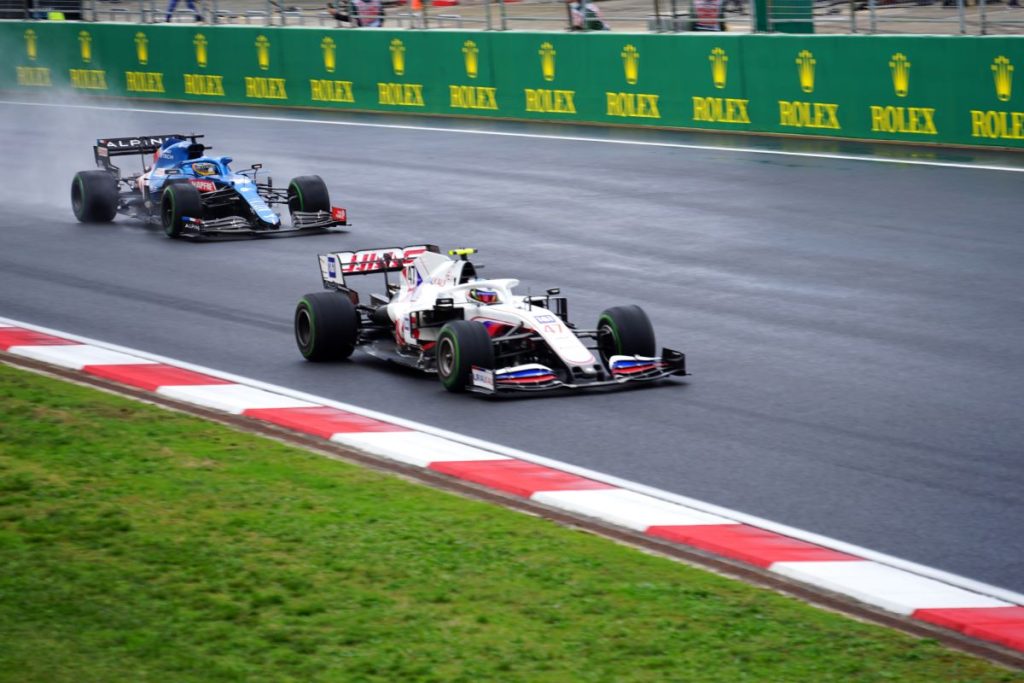
The Turkish Grand Prix delivered plenty of memorable moments, from Sebastian Vettel and Mark Webber’s collision in 2010, to Lance Stroll’s maiden pole in a tricky qualifying session in 2020 and Lewis Hamilton’s seventh title win at the track in the same year. With a calendar that is increasingly being filled by street circuits, it would be great for calendar variety to re-introduce a “proper” circuit to the schedule.
Fans Want It Back
Whenever a website runs a poll about which races should return to the F1 calendar, there are invariably two top answers: the Malaysian Grand Prix and the Turkish Grand Prix. There’s clear demand for a race from local Turkish fans, too. When the Turkish Grand Prix made its comeback in 2020, it was expected to do so with a crowd in place. Ultimately, due to the ongoing pandemic, the race had to be held behind closed doors. Nevertheless, 100,000 tickets were put on sale for the 2020 race and 40,000 sold within six hours of going on sale.
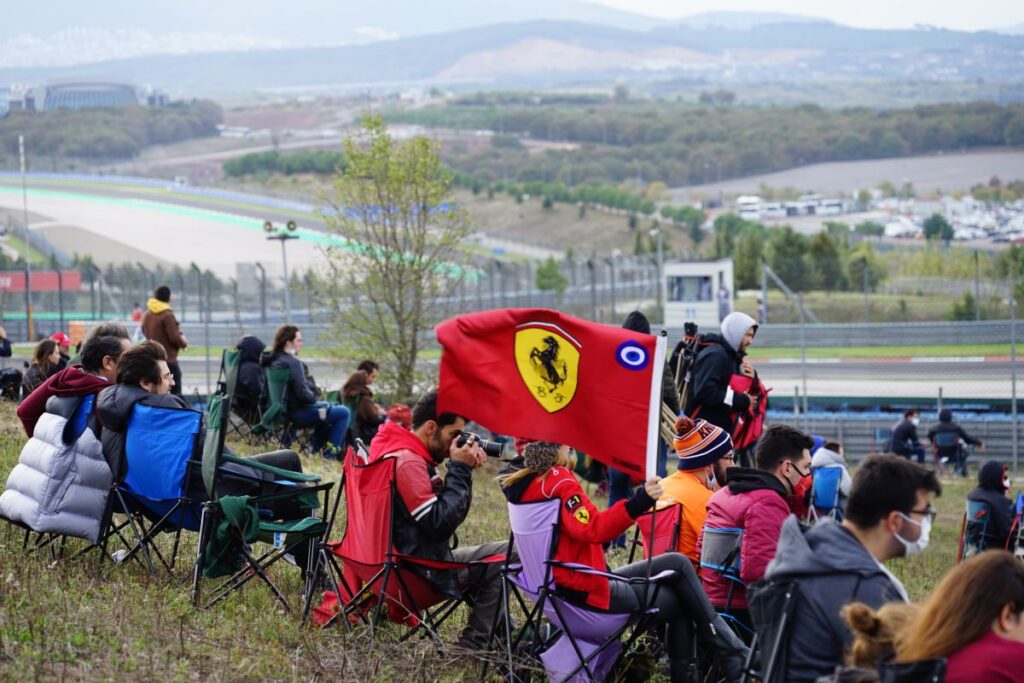
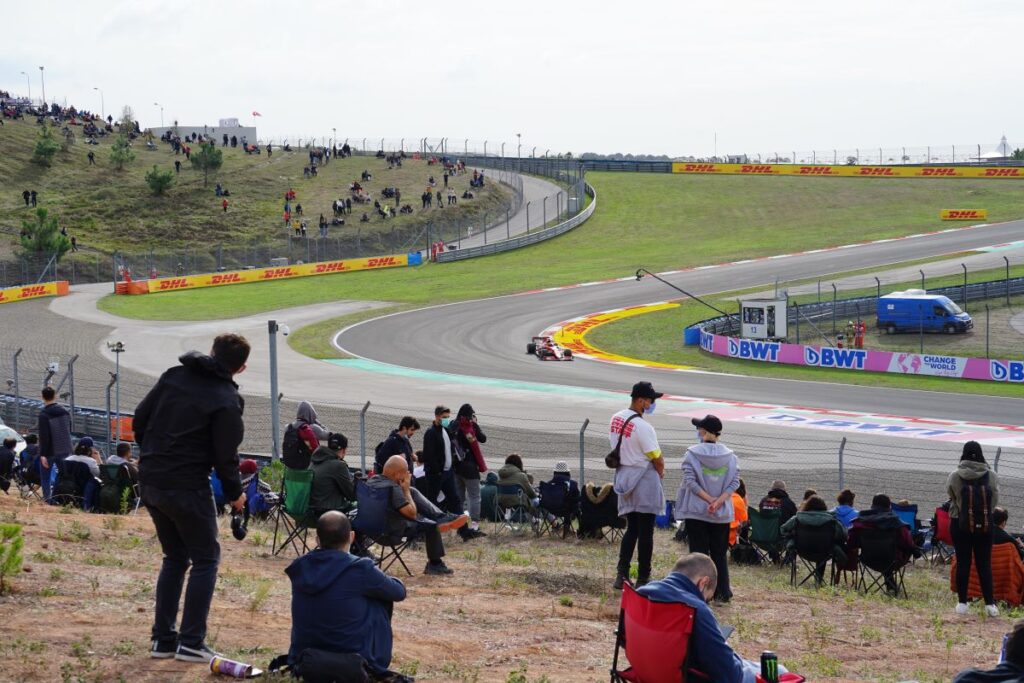
After being held behind closed doors in 2020, crowds returned to the track in 2021. With attendance figures having dwindled to just 25,000 by the time of the last ticketed race at the track in 2011, the demand was much higher in 2021, where weekend attendance was 190,000. The capacity of the circuit is 220,000 – but numbers were restricted due to the pandemic.
Extortionate ticket prices prevented many fans from attending the circuit during its first run on the calendar from 2005 to 2011. In 2021, tickets were more reasonably priced. 3-day General Admission tickets were priced at 30 EUR, while tickets in the grandstand opposite the pit lane cost 415 EUR.
There’s Government Support for a Turkish Grand Prix Return
Since F1 last raced at Istanbul Park in 2021, the circuit has new management. Ahead of former contract holder Intercity’s ownership expiring, a tender was put out by the General Directorate of Foundations. Among the demands in the tender was a guaranteed appearance on the Formula 1 calendar in 2026, to be secured with an FOM deal within a month of the new owners taking over.
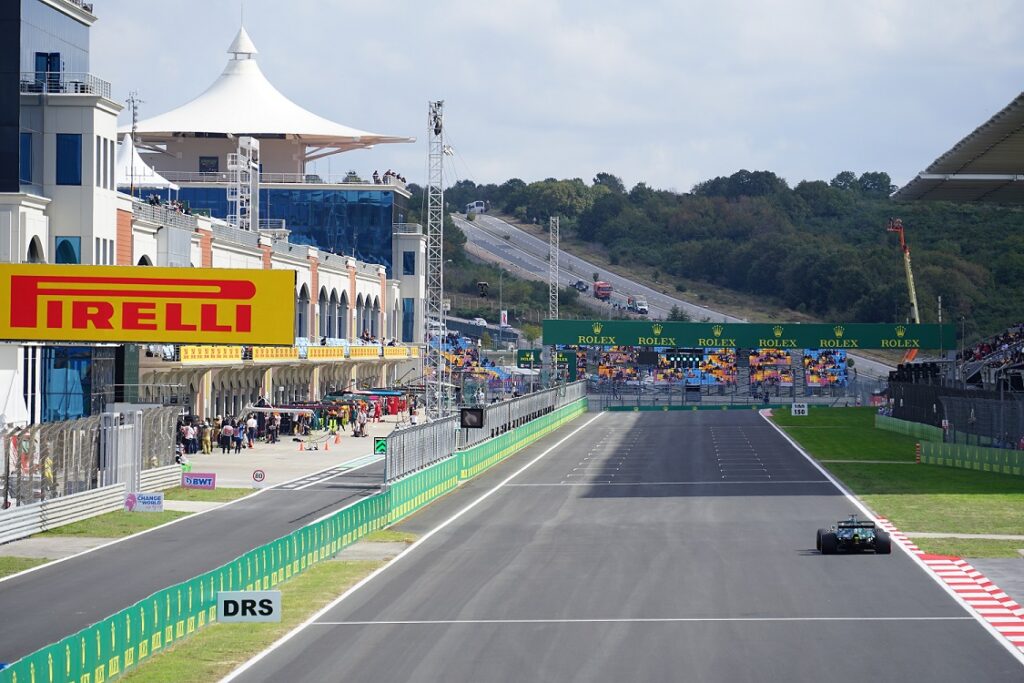
It’s not public knowledge whether or not this happened. However, the grand ambition to bring F1 back to Turkey has been backed by Turkish President Tayyip Erdogan, who met with FIA President Mohammed Ben Sulayem to discuss a Turkish Grand Prix revival in early 2024, around the time that the tender was put out. Can Bilim Egitim Kurumlari A.S. – the only application for the tender – acquired the operating rights of the track for 30 years in April 2024.
The Turkish Grand Prix Could Fit Into F1’s Rotational Plans
Could the Turkish Grand Prix re-join the F1 calendar on a rotational basis? It is common knowledge by now that Formula 1 plans to expand the number of countries it regularly visits by introducing rotational rounds to the calendar. The scheme would mean that certain races appear on the schedule only every other year instead of holding annual deals.
It has already been confirmed that the Belgian Grand Prix – after signing a new long-term deal in early 2025 – will become a rotational round from 2027 onwards, with Spa-Francorchamps set to disappear from the calendar in 2028 and 2030. But the Spa race does not yet have a circuit to alternate with. Of the existing circuits, Imola and Catalunya are the most likely contenders to enter into a rotational deal when their current contracts expire, if they manage to retain a spot on the schedule at all.
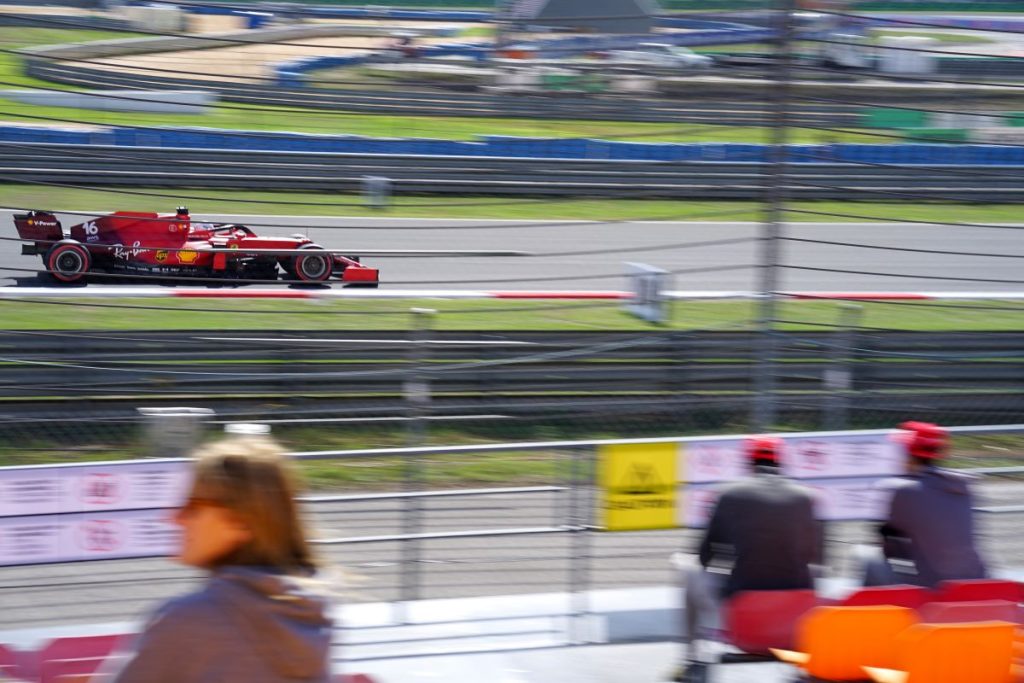
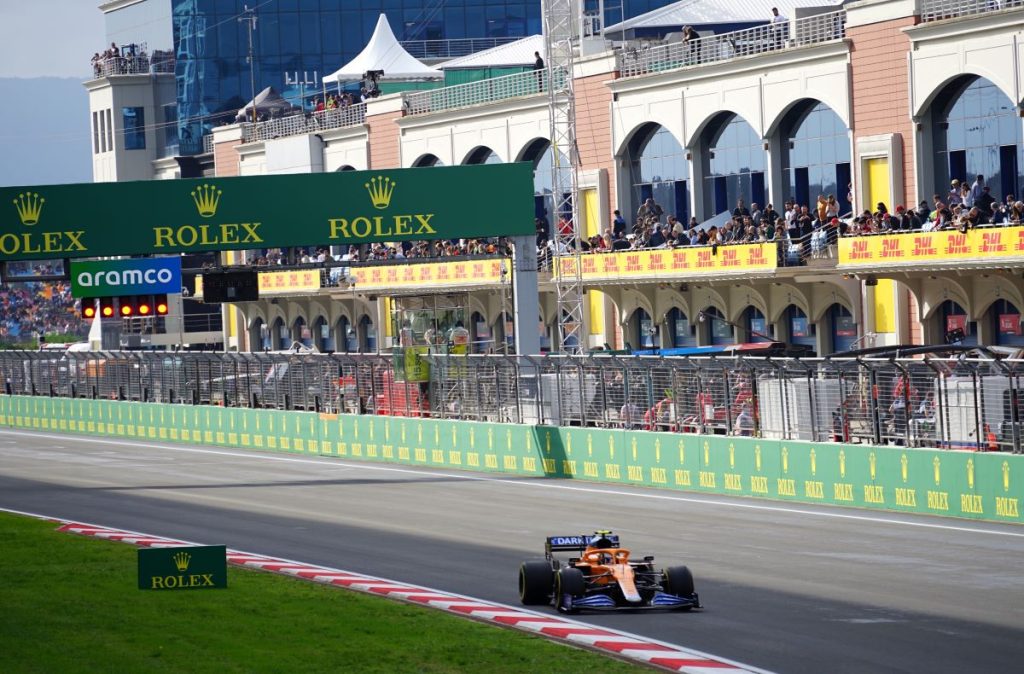
So how does the Turkish Grand Prix slot in? There is one other circuit which, for various reasons, could potentially fill a biennial slot: Baku City Circuit. The Azerbaijan Grand Prix’s current contract expires in 2026 and F1 could be keen for the race to take a step back every other year, given the fact that it is the lowest-attended race of the year, with the 2024 race weekend attracting only 76,000 fans.
With Istanbul located in a similar region to Baku, F1 could host one round in eastern Europe each year, with the two alternating to help ensure that interest in attending each race stays at an optimal level. Whether or not either promoter would be willing to accept a rotational deal instead of an annual contract remains to be seen.
It’s A Conveniently Located Venue
Hear us out. There are, undoubtedly, limitations to the location of Istanbul Park. Situated 50km out of the city, it is not the easiest circuit to reach. It’s relatively far from population centres within the country and hours away from other tourist hotspots. In its original run on the schedule, the track was poorly linked by public transport and a lack of traffic infrastructure led to significant delays when trying to reach the track.
More generally, however, the circuit is located just east of Istanbul, which is the only city in the world that straddles two continents. Bridging Europe and Asia, the track is conveniently located for a large and diverse selection of Formula 1 fans who live in Europe and Asia.
F1 is keen to expand into new markets and while Turkey would not exactly be a “new” market for the sport, adding a race here would clearly be attractive for the sport’s global strategy. Istanbul Airport serves as a global hub for air travel, connecting flights from various large cities and making traveling to the race relatively hassle-free and convenient.
A Perfect Tourist Opportunity for F1 Fans
It would be remiss of us to not mention the travel opportunities that a visit to the Turkish Grand Prix would offer up. Istanbul is rich in history, culture and nightlife. A visit to the city truly offers something for everyone.
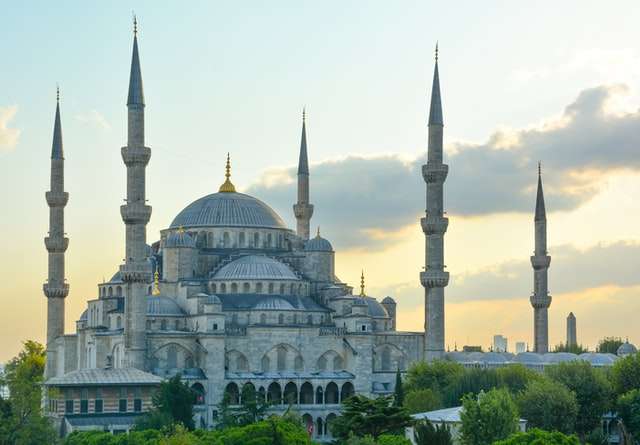
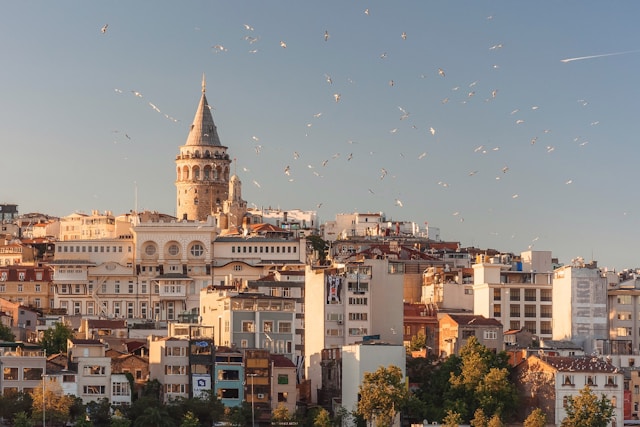
From Ottoman Empire historic sites to river cruises, vibrant shopping experiences and idyllic day trips to off-shore islands, it would be worth adding a few extra days to your trip to take in the sights of Istanbul and surrounding areas.
Furthermore, the new operator of the Istanbul Park circuit has permission to build shopping malls and entertainment venues on the site, should it so wish, which would make visiting the area around the track a much more attractive proposition.


